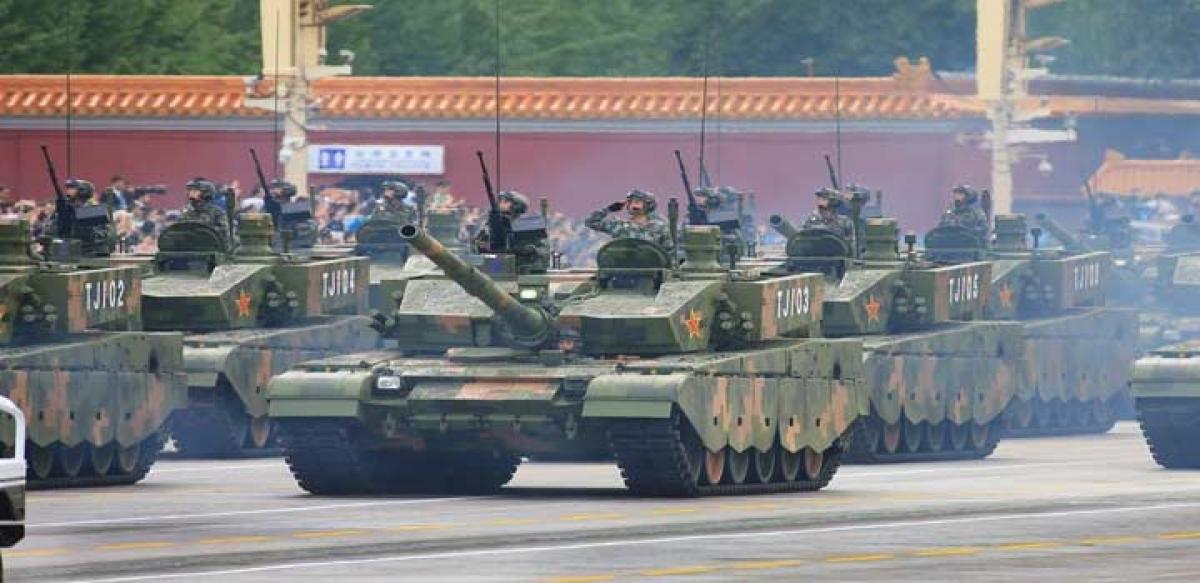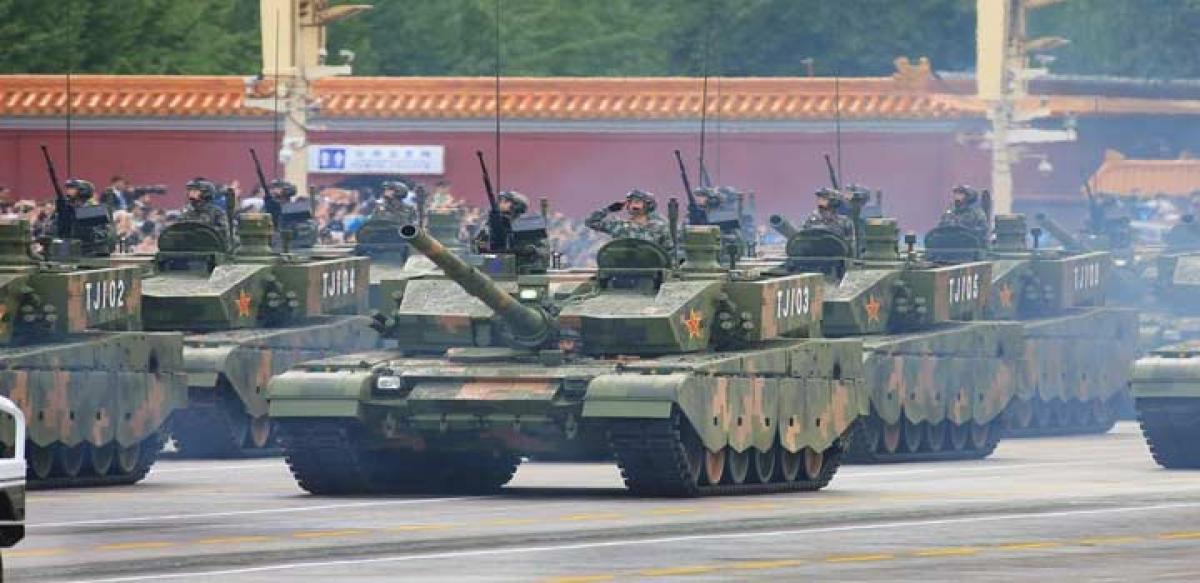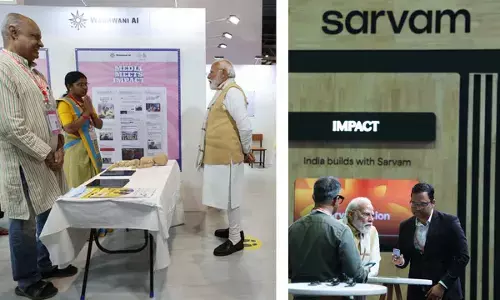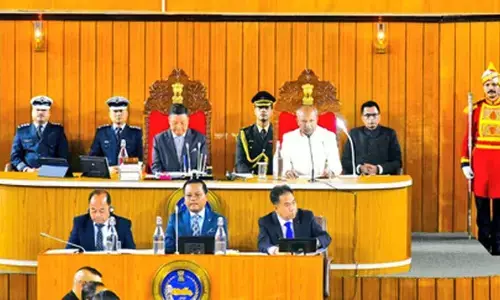Politics of war, memory & legitimacy

Politics of war, memory & legitimacy. When China celebrated Victory Day on Chang’an Avenue to commemorate Japan’s surrender on 3rd September, it hosted nearly 30 Heads of State besides about 1,000 troops from 17 different countries.
China’s decision to remember and celebrate the 70th anniversary on the scale on which it did is linked to the politics of memory, which feeds into the politics of legitimacy, domestically for the Communist Party of China (CPC) and regionally for the People’s Republic
When China celebrated Victory Day on Chang’an Avenue to commemorate Japan’s surrender on 3rd September, it hosted nearly 30 Heads of State besides about 1,000 troops from 17 different countries. They joined approximately 10,000 Chinese soldiers in a grand parade at the historic Tiananmen Square.

Beyond the theatrics, the grand event highlighted a great deal of politics over history, memories and its appropriation for legitimacy in the East Asian power struggle. In this event, India was represented by Minister of State for External Affairs, General V K Singh.
China’s decision to remember and celebrate the 70th anniversary on the scale on which it did is linked to the politics of memory, which feeds into the politics of legitimacy, domestically for the Communist Party of China (CPC) and regionally for the People’s Republic.
The memory of humiliation is the pivotal driver of contemporary Chinese national identity under the CPC. Remembering the history of humiliation suits the communist party leadership in many ways. First, humiliation and the efforts to overcome it attest legitimacy to the party and its leadership and sacrifices made during the liberation as well as in the post-liberation era.
Second, as seen in the recent past, popular nationalism associated with the memory of humiliation creates legitimacy for China’s assertive behaviour in the region. Remembering humiliation also connects with the idea of China Dream propagated by Xi Jinping since assuming power.
China Dream represents the fulfilment of the CPC’s promise of comprehensive growth for the Chinese nation. At present, this celebration also helps divert domestic attention away from the ongoing economic crisis due to slowdown and the tumbling stock markets.
At the regional level, the memory of humiliation embarrasses Japan for its war crimes and for what is perceived to be its not so clear apology for these crimes. Shinzo Abe recently delivered an address commemorating the 70th Anniversary of the end of World War II.
This was a much-anticipated event given the history of Japanese aggression and growing regional expectations. However, what Abe said was seen as being short of a clear apology in China, South Korea and Singapore. Xi Jinping’s speech at the parade highlighted some of these points.
Xi said, "(China’s) great triumph crushed the plot of the Japanese militarists to colonize and enslave China and put an end to China's national humiliation of suffering successive defeats at the hands of foreign aggressors in modern times.” China’s Victory Day commemoration is also aimed at highlighting Japan’s remilitarisation under Abe and the vocal US support for it.
Now with the perception that the recent Abe speech did not do enough to please the countries that were at the receiving end of Japanese aggression, the Victory Day commemoration can be seen as a criticism of Japanese remilitarisation. Given Abe’s refusal to reiterate the Murayama and Koizumi statements in letter and spirit, China did earn the right to remind Japan that it needed to do more.
China was an important theatre in the Second World War, and Japan’s defeat was a significant event in eliminating imperialism in Asia. However, the way things have evolved since then, it appears that Japan is in denial mode about its role during that war while China is keen on gaining legitimacy for its regional ambitions by employing the memory of its humiliation and suffering in that conflict.
For its part, China is intent on isolating and delegitimising a remilitarising and not adequately apologetic Japan which could potentially challenge the reassertion of a China-centric Asian order. (Courtesy: http://idsa.in/. Views expressed are of the author and do not necessarily reflect the views of the IDSA or of the Government of India)
By Avinash Godbole











